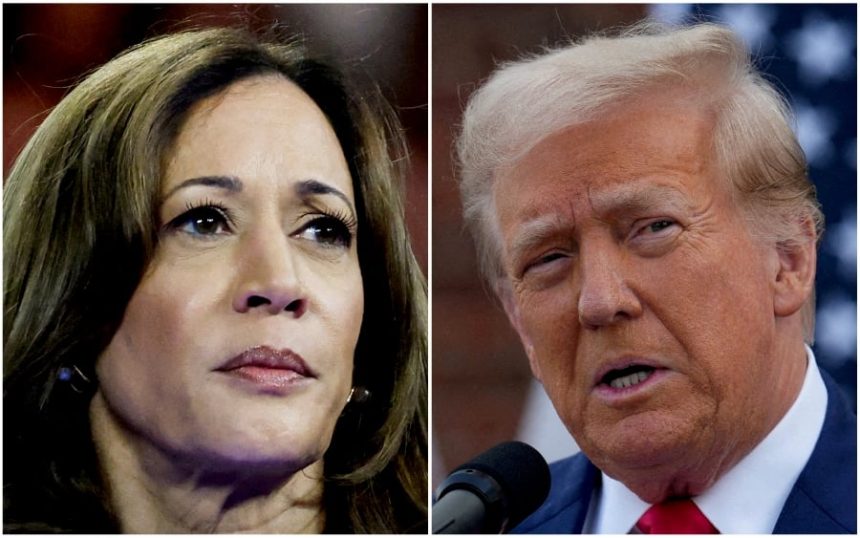Joseph Odunjo, a renowned Nigerian folklorist and writer, is celebrated for his contributions to Yoruba literature and culture. Among his most famous works is the story, “A o m’erin j’oba” (“We Will Crown an Elephant as King”), which is a classic Yoruba folktale that uses allegory to convey themes of leadership, power, and the qualities necessary for a ruler.
In “A o m’erin j’oba,” the tale unfolds with the animals in the forest debating who should be their next king. The animals go through various contenders, evaluating their qualities and flaws. Eventually, they settle on the elephant, not necessarily because he is the best choice, but because he is seen as the most imposing and formidable candidate. However, the choice of the elephant, while seemingly logical based on its size and strength, brings unintended consequences, raising questions about whether being the biggest or strongest automatically qualifies someone to be the best leader.
READ ALSO: Kidnapping: Police neutralise 10, arrest nine suspects
Relating this to the 2024 U.S. presidential race between Donald Trump and Kamala Harris, the folktale can be viewed as a metaphor for modern political leadership. Trump, a former president known for his polarizing persona, embodies qualities that could be likened to the elephant—dominant, charismatic, and influential, with a large base of loyal supporters who view him as the strongest figure to lead the country. However, his past tenure and controversies evoke questions about whether his return to the presidency would be the most beneficial decision for the nation.
Ultimately, “A o m’erin j’oba” challenges the notion of choosing a leader solely based on outward appearances or perceived might, emphasizing the importance of thoughtful consideration of a leader’s character, capabilities, and the needs of the people.
On the other hand, Kamala Harris represents a different kind of leadership. As a current Vice President and former senator, she brings experience, policy expertise, and a different vision for the country. Her candidacy signifies a potential departure from the norm, much like the smaller or quieter animals in Odunjo’s tale who may have been overlooked for leadership roles despite possessing important qualities such as wisdom or empathy. The folktale’s message suggests that leaders should not just be chosen for their size or perceived strength, but also for qualities that foster the well-being of the community.
Ultimately, “A o m’erin j’oba” challenges the notion of choosing a leader solely based on outward appearances or perceived might, emphasizing the importance of thoughtful consideration of a leader’s character, capabilities, and the needs of the people. As voters weigh their options in the 2024 USA presidential race, Odunjo’s story reminds us to reflect on what truly makes a leader fit to “wear the crown” in a complex and diverse society.
The outcome of this election, in my opinion, will be exact same result as with this folktale in which all the animal cheered the Elephant on, shouting “a o m’erin j’oba, eweku ewele” and he in turn, fascinated by the splendour and cheer, walked majestically until he fell into the ditch and unto his death. Let’s wait patiently for the outcome in days to come. The will of the masses will prevail.














